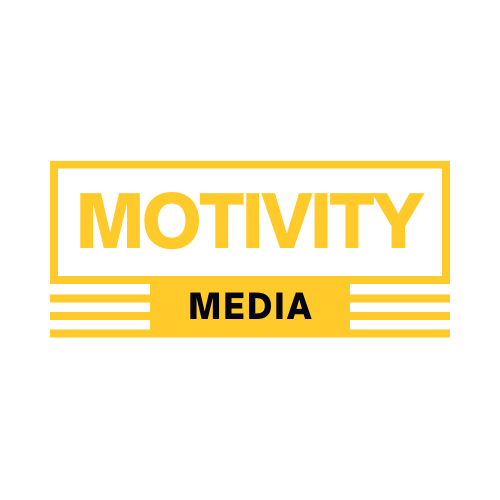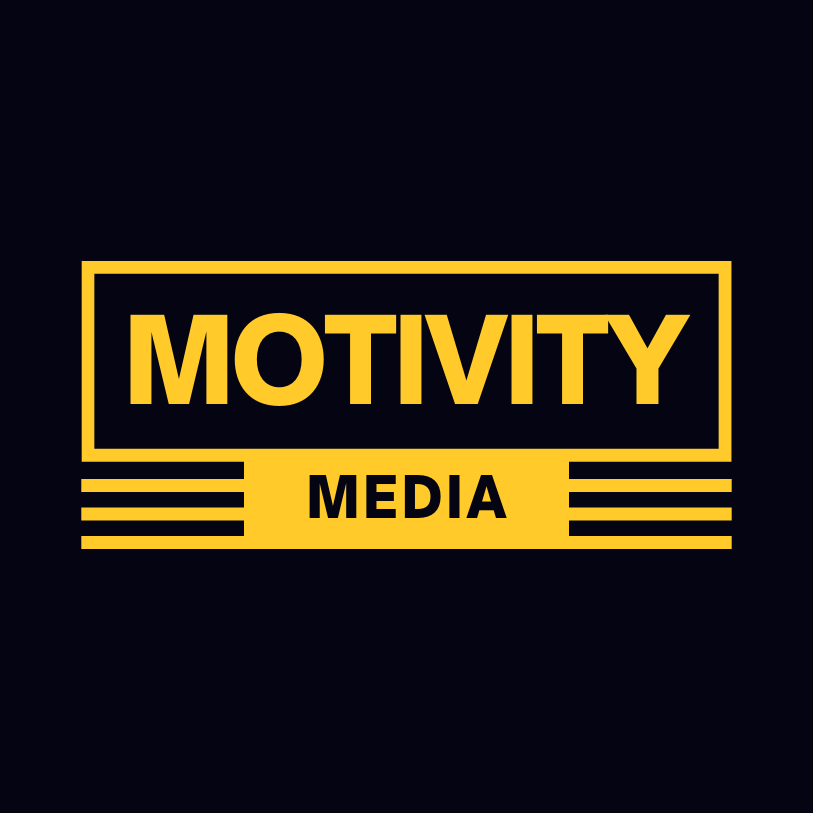A Guide To The bible for New Christians
Embarking on Your Journey Through the Bible
For the new believer, the Bible can feel like a vast and perhaps intimidating landscape. Yet, it is the primary way God reveals Himself, His promises, and His plan for your life. This guide provides a straightforward, actionable plan to embark on the lifelong, rewarding journey of studying God's Word. Oh, and if you don’t have a Bible, we’ve included a link below for a free online Bible.
Your Starting Point: Where to Open the Book
While every part of the Bible is God's inspired Word, a strategic starting point can make all the difference for a new Christian. The consensus among pastors and Bible teachers is to begin with the Gospels. These four books—Matthew, Mark, Luke, and John—recount the life, ministry, death, and resurrection of Jesus Christ. They are the cornerstone of the Christian faith.
A great first book to dive into is the Gospel of John. Written by one of Jesus' closest disciples, John's account is a powerful and personal testimony to who Jesus is—the Son of God and the source of eternal life. Its focus on Jesus' identity and teachings provides a solid foundation for your newfound faith.
Following the Gospels, the book of Acts is a natural next step. Written by Luke (the author of the Gospel of Luke), Acts chronicles the birth and growth of the early church. It's an exciting narrative of how the first Christians, empowered by the Holy Spirit, spread the good news of Jesus. Reading Acts will help you understand the context of the letters you'll encounter later in the New Testament.
A Simple Reading Plan to Get You Started
Instead of a daunting "read the whole Bible in a year" plan, consider this more focused approach for your first few months:
The 10-Week Foundational Plan:
Weeks 1-2: The Gospel of John. Read through the entire book slowly. Don't worry about understanding everything at once. The goal is to gain an understanding of the story and Jesus' message.
Weeks 3-4: The Book of Acts. Immerse yourself in the thrilling account of the early church's formation and expansion.
Weeks 5-6: The Gospel of Mark. This is the shortest and most action-packed Gospel, providing a concise overview of Jesus' life.
Weeks 7-8: Re-read the Book of Acts. With a better understanding of the Gospels, you'll see the connections in Acts even more clearly.
Weeks 9-10: The Gospel of Luke. Luke provides a detailed and orderly account of Jesus' life and ministry.
This approach enables repetition, which is crucial for retention and a deeper understanding. By focusing on these core books, you will develop a solid understanding of Jesus and the early Christian church.
How to Study: More Than Just Reading
Studying the Bible is an active pursuit that involves more than just letting your eyes scan the page. Here is a simple, four-step method to help you engage with the text:
1. Prepare Your Heart: The Power of Prayer
Before you open your Bible, take a moment to pray. Ask the Holy Spirit, who Jesus promised would be our teacher, to open your eyes to understand what you are about to read. A simple prayer like, "God, please help me to understand Your Word and how it applies to my life," is a perfect start.
2. Observe the Text: What Does it Say?
Read a short passage, perhaps a chapter or a section of a chapter. As you read, pay attention to the details. Ask yourself:
Who are the people in this passage?
What is happening? What are the key events or ideas?
Where is this taking place?
When did this happen?
Are there any repeated words or phrases? These are often clues to the main theme.
Jot down your observations in a notebook. This simple act of writing will help you to see things you might have missed.
3. Interpret the Meaning: What Does it Mean?
Based on your observations, consider the meaning of the passage. Ask:
What is the main point the author is trying to make?
What does this passage teach me about God (the Father, Jesus, or the Holy Spirit)?
What does this passage teach me about humanity?
How does this fit into the larger story of the Bible?
If you are using a study Bible, the notes at the bottom of the page can provide helpful context and insights.
4. Apply the Truth: How Does it Change Me?
The ultimate goal of Bible study is not just to gain knowledge, but to be transformed. End your study time by asking:
Is there a command for me to obey?
Is there a promise for me to claim?
Is there an example for me to follow (or avoid)?
How can I live differently today because of what I have read?
Write down one specific action you can take to apply the truth you've learned.
Essential Tools for Your Journey
A Good Bible Translation: For new readers, a modern, easy-to-understand translation is recommended. The New International Version (NIV), the English Standard Version (ESV), or the New Living Translation (NLT) are all excellent choices.
A Study Bible: A study Bible contains helpful notes, introductions to each book, maps, and other resources that can greatly enhance your understanding.
A Notebook and Pen: A dedicated journal for your Bible study is invaluable for recording your observations, questions, and applications.
Embarking on a journey of Bible study is one of the most exciting and life-changing decisions a new Christian can make. Be patient with yourself, be consistent in your efforts, and trust that God will meet you in His Word.

